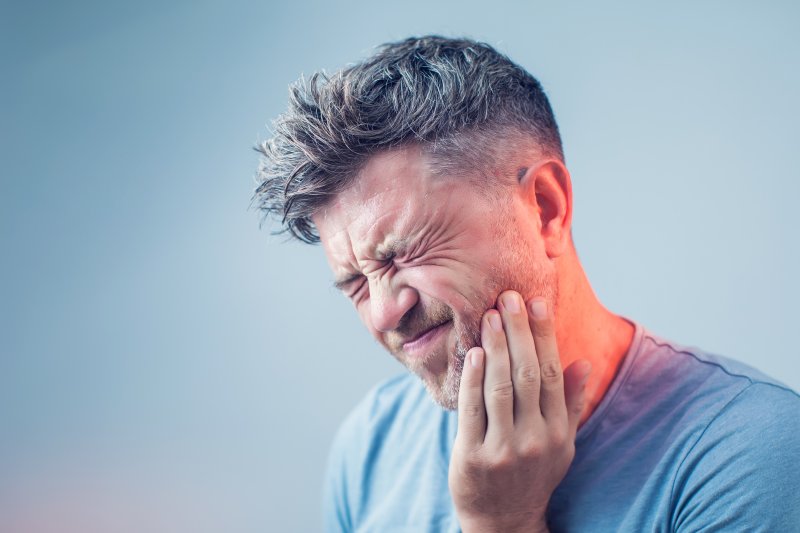
Get Started? Request an Appointment
September 13, 2024

Tooth extractions can be necessary to preserve a patient’s oral health for reasons such as severe dental infections, making room for orthodontic or prosthetic appliances, or the wisdom teeth becoming impacted. After having a tooth removed, the best way to ensure that your recovery period goes as smoothly and comfortably as possible is to follow your dentist or oral surgeon’s postoperative instructions precisely. Here’s a guide to the miserably painful condition called dry socket, how it can sometimes happen after tooth extraction, and a few tips for preventing it.
When the tooth extraction procedure begins, the dentist will administer an appropriate anesthetic treatment to ensure that the process is completely painless, and the patient may also receive a sedation treatment if they need extra help staying comfortable. After the tooth has been removed, a blood clot will form over its empty socket to protect the vulnerable tissues and bone structure within.
If this blood clot becomes dislodged, the stressed nerves and other tissues in the socket will be exposed to the oral environment, resulting in a greater risk of infection as well as a miserably painful condition called dry socket with symptoms such as:
While dry socket only happens in one to three percent of tooth extractions, taking the proper precautions and maintaining the proper habits can help you prevent it.
There are a few measures you can take to minimize your risk of dry socket. These include:
Your dentist will only recommend tooth extraction if doing so is absolutely necessary for your oral health. While strictly adhering to their postoperative instructions can help you remain comfortable as your mouth recovers from the procedure, it’s important to contact your dentist as soon as possible if you suspect that you have dry socket.
Dr. Ulysses L. Marable III earned his dental degree at the Medical College of Georgia School of Dentistry in Augusta and underwent a General Practice Residency at the Bronx-Lebanon Hospital Center. Today, he serves as a member of the American Dental Association and the Georgia Dental Association. His office in Fort Valley offers general, restorative, cosmetic, and emergency dentistry as well as tooth extraction services. For more information on preventing dry socket, contact his office online or dial (478) 825-3000.
